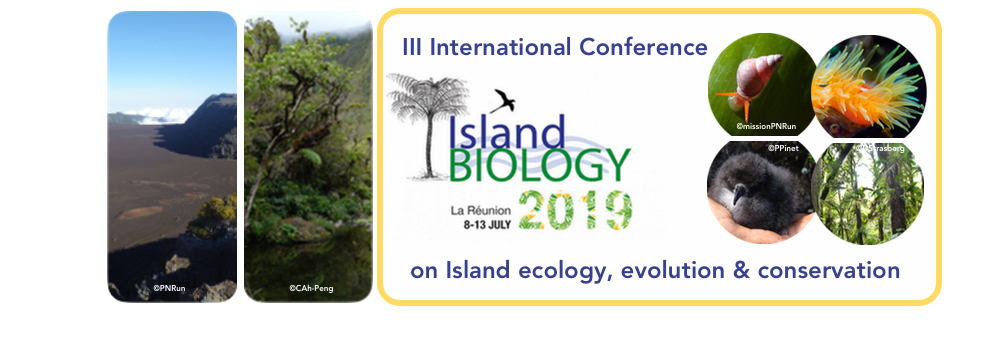Islands often host spectacular radiations. One explanation is that key innovations occur on islands that allow the exploration of new niche space. However, there are currently no methods available to test these ideas for islands with several independent colonizations. For global radiations such tests do exist. Here we present a new tool to analyze such global radiations and apply it to an island-like system, cichlids in Lake Tanganyika. The tool, called SecSSE (Several Examined and Concealed States-dependent Speciation and Extinction), requires phylogenetic data and trait data of the species at the tips; we have made it available as an R package. We ask whether depth-range generalists speciate at a different rate than depth-range specialists (shallow-water specialists or deep-water specialists), and whether depth range changes during speciation. We find that generalist species diversify much faster than specialists, but speciation does not involve change in depth range. Furthermore, shallow-water specialists seem to be a macro-evolutionary endpoint. We discuss the potential of this method to be used for multiple insular colonizations.

|
|
|
|
Detecting trait-dependent diversification
1 : University of Groningen
(RUG)
* : Corresponding author
Box 11103 9700 CC Groningen The Netherlands -
Netherlands
|
| Online user: 61 | RSS Feed |

|
 PDF version
PDF version